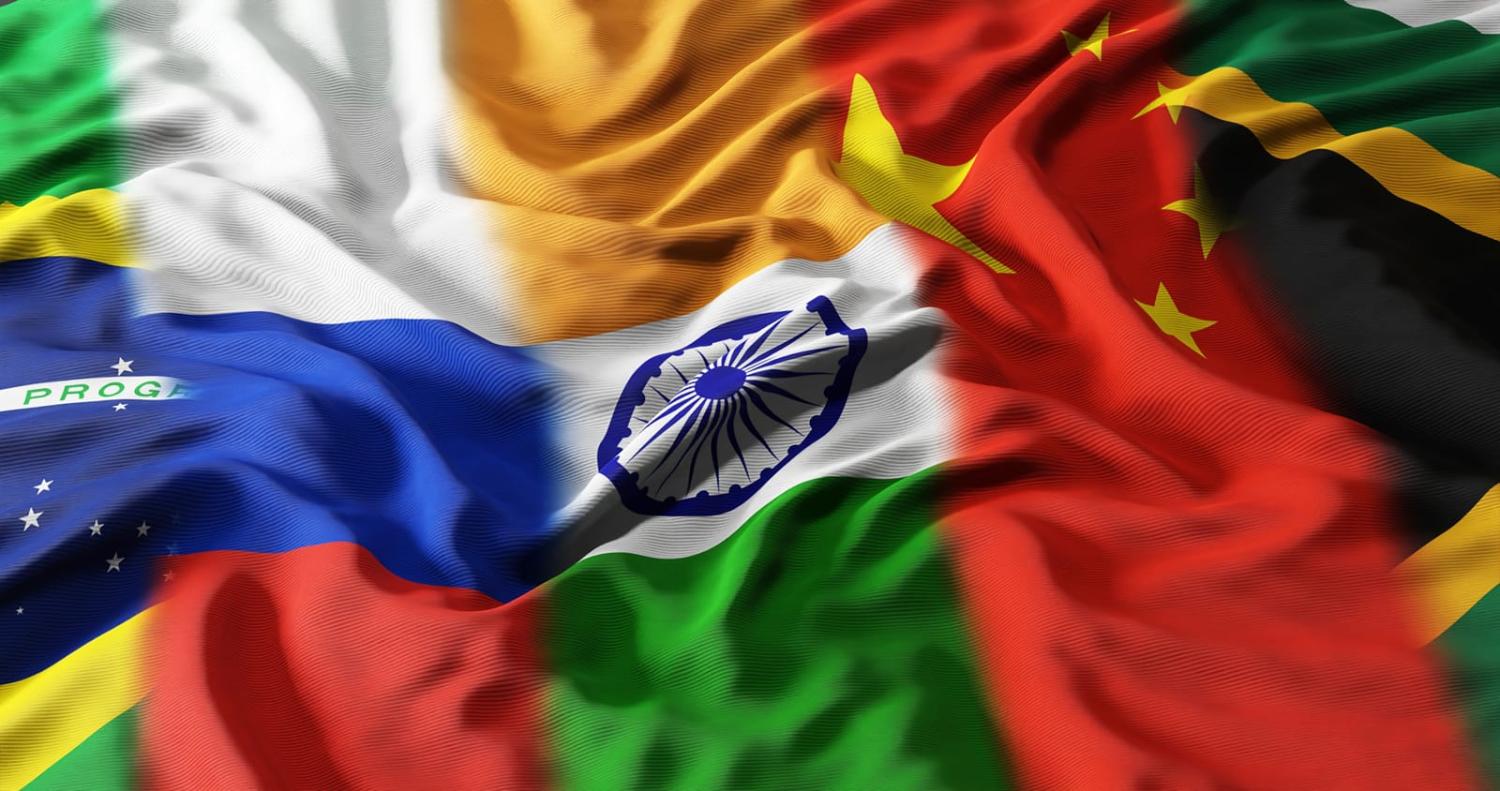With the latest BRICS summit kicking off today, much has been said about Russia’s announcement that Vladimir Putin will attend virtually, given South Africa’s obligation as a party to the Rome Statute to execute the International Criminal Court arrest warrant against him. While Western commentary is busy celebrating a somewhat empty victory, the main issue on the BRICS agenda this year – the question of expansion – could have far more important geopolitical implications for the West (and indeed, for the world) than one man’s travel plans.
As many as 23 countries, including Saudi Arabia, Iran, United Arab Emirates, Argentina, Indonesia, Egypt and Bolivia, have formally applied to join the group, and many more are said to be interested. Reports that emerged after the BRICS Foreign Ministers meeting, indicated that a swift expansion is being pushed by China, with support from Russia, whereas India and Brazil have pushed back.
What started as a Goldman Sachs catchphrase coined to encourage investor interest on the fastest growing economies 20 years ago – Brazil, Russia, India and China – BRIC became a loose geo-economic grouping that held its first summit in 2009. South Africa was roped in the next year as a representative of Africa and since then the bloc has espoused a vision of alternative global governance (read: a world less dominated by “Western” financial institutions such as the International Monetary Fund and World Bank).
Further, BRICS sees itself as representing the interests of the Global South, and it is telling that none of the members have formally criticised Russia for the invasion of Ukraine.
However, the question of expansion has recently highlighted fault lines within the bloc.

A large body of research and opinion within China believes that strategic alignment between China’s Belt and Road Initiative and BRICS could upend Western geo-economic hegemony. This line of argument is quick to point out that BRICS countries have surpassed the Group of Seven (G7) in terms of gross domestic product (GDP) when calculated on purchasing power parity (PPP). China’s GDP is close to double that of all the other member states combined, allowing it to wield significant influence within the bloc. Add to this, the presence of an isolated great-power, Russia, now heavily dependent on Beijing in the aftermath of the Ukraine war. Thus, if BRICS were to expand, it would allow China a platform larger than the G7 (dominated by the United States) to project its views and pursue its geopolitical agenda.
This is precisely the kind of scenario that India fears. New Delhi suspects that if a “swift” expansion were to happen, Beijing would then move to give the bloc an “anti-Western” flavour. For India, BRICS has been an important forum to seek its vision of a “multipolar” world order. Equality between the members has been a fundamental characteristic of the bloc, and an expansion could threaten to disrupt this balance by pitting New Delhi against Beijing.
For now, New Delhi finds an ally in Brasilia, whose largest trading partner is China but largest foreign direct investor is the United States. Brazil is equally wary of losing its influence within the bloc, and has reportedly suggested that new members be added as partner countries instead, while pre-eminent roles stay reserved for the current countries. Thus, both India and Brazil have stressed the importance of reaching a consensus on admission guidelines, criteria and procedures before an expansion can take place.
If the bilateral relationship between India and China was not at its lowest point in decades, then perhaps they could have jointly worked together for regional integration and built inclusive financial institutions within the Global South, a welcome prospect for a slowing global economy. However, the trust deficit defined by a protracted military stand-off on an unresolved boundary ensures that they will pursue competing visions for BRICS. India, which is slowly but surely pivoting to the West, has no real desire to get caught in the geopolitical cross-fire between China and the United States. So it will work to ensure that China’s vision for BRICS does not succeed. The Shanghai Cooperation Organisation is awkward enough for New Delhi as it is.
That said, India is hardly in a position to be seen as non-inclusive, given its stated desire to be a “voice of the Global South”. Therefore, it is likely that New Delhi will push for the inclusion of countries such as Indonesia and other democracies, instead of countries such as Venezuela or Iran, which are likely to push the group in a direction Beijing wants.
Further, New Delhi will lobby within an expanded BRICS to focus on issues such as climate change, digital connectivity, and food security. In doing so, it would push for engagement with the West on global issues, and simultaneously seek reforms in international institutions, such as the United Nations Security Council. Such a strategy may be India’s best bet to gain influence within an expanded BRICS, as a majority of the countries in the Global South have no interest in picking sides between China and the United States.
Irrespective of India’s or Brazil’s concerns, it seems likely that BRICS will expand. However, which competing vision succeeds – India’s or China’s – will determine the direction that the bloc takes and could shape the coming geopolitical trends in the world for decades.

